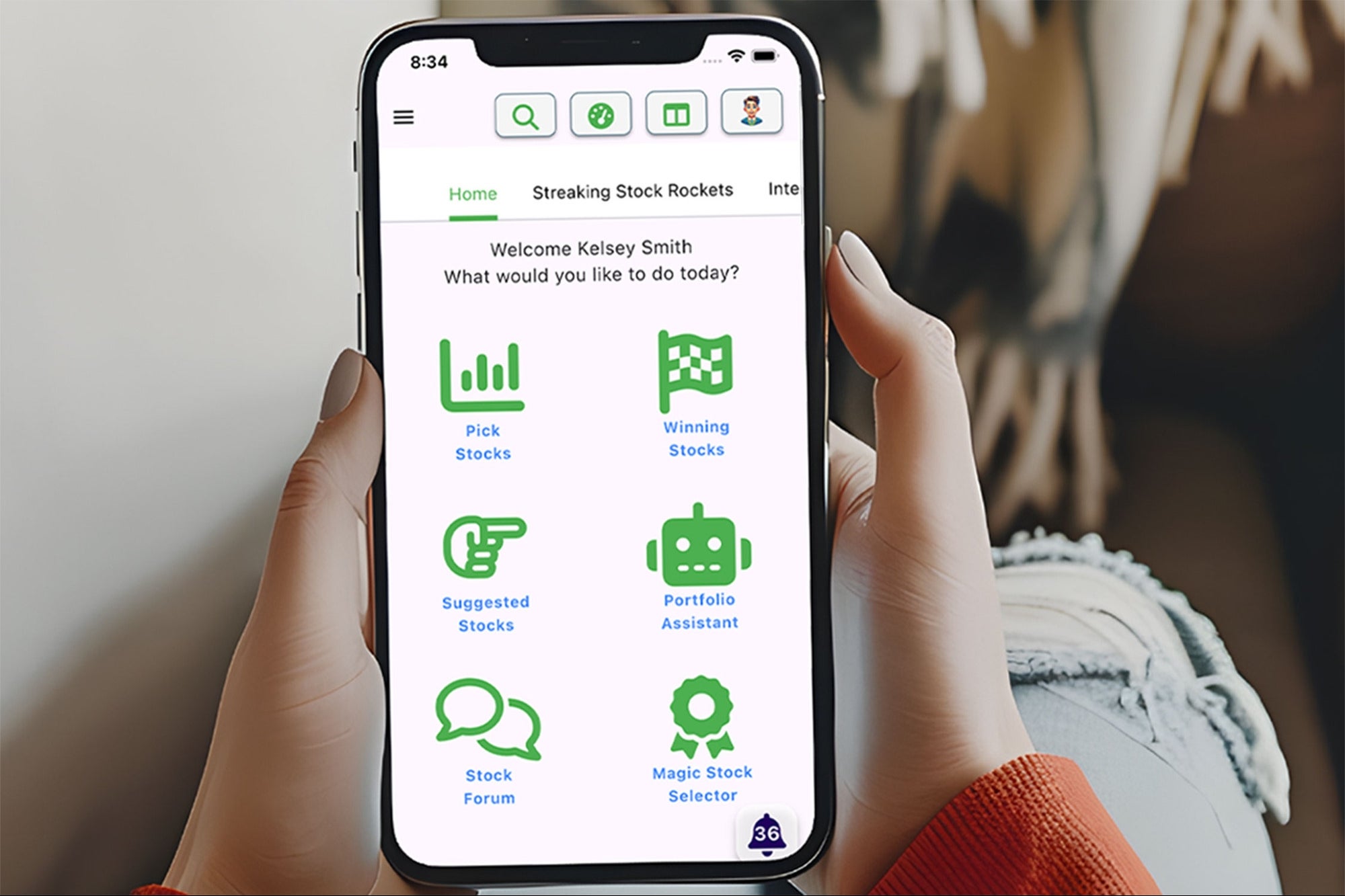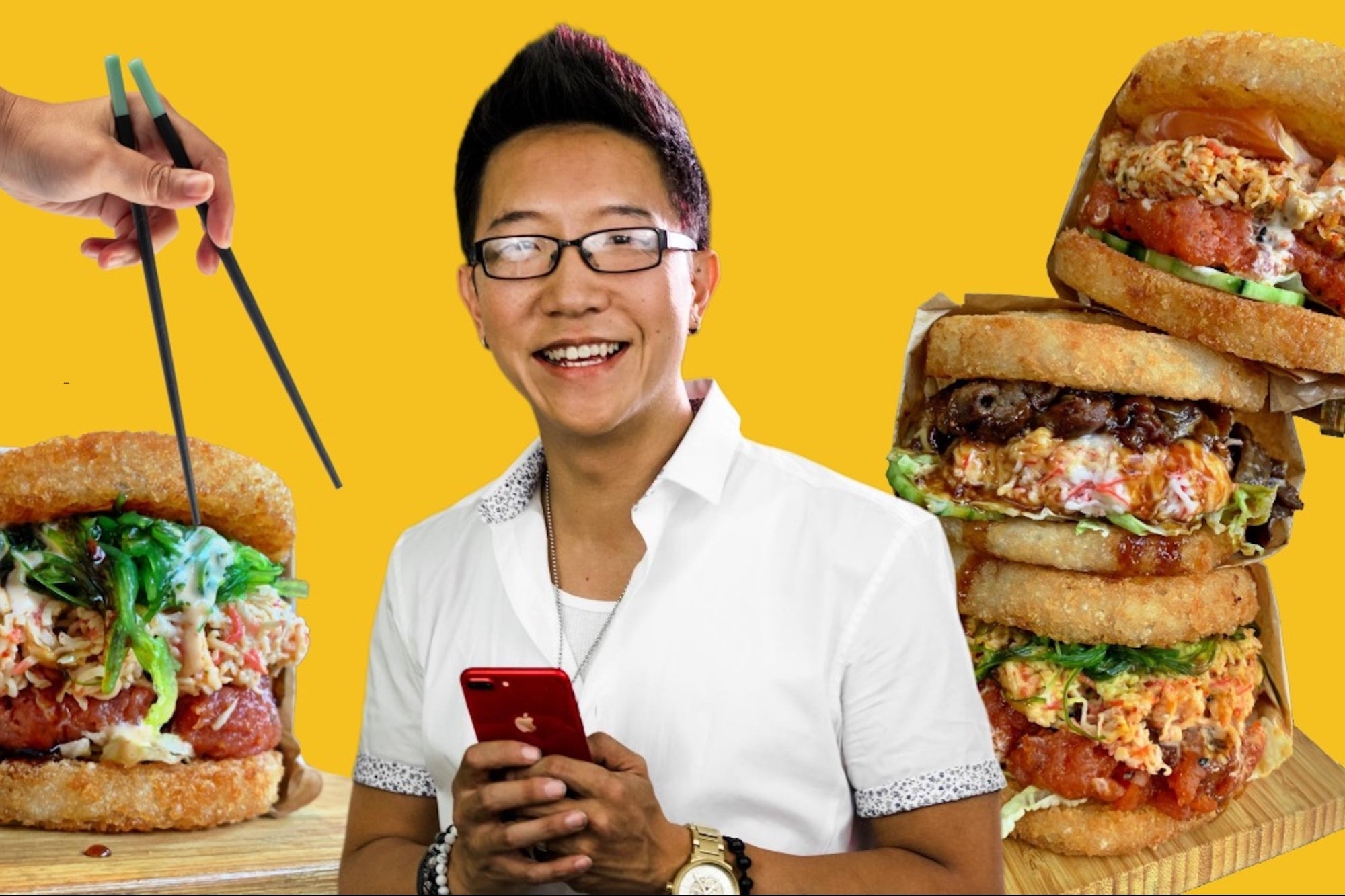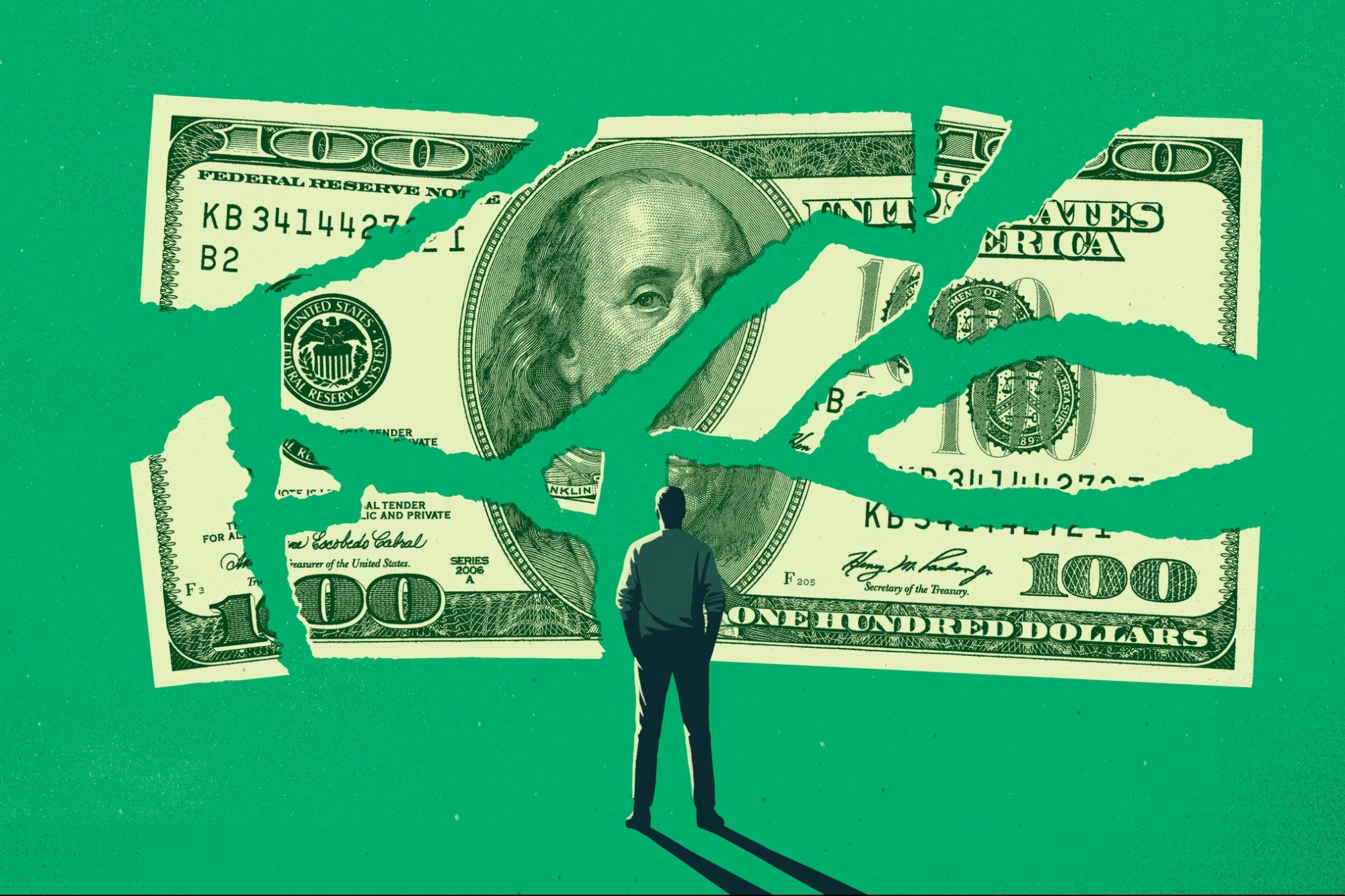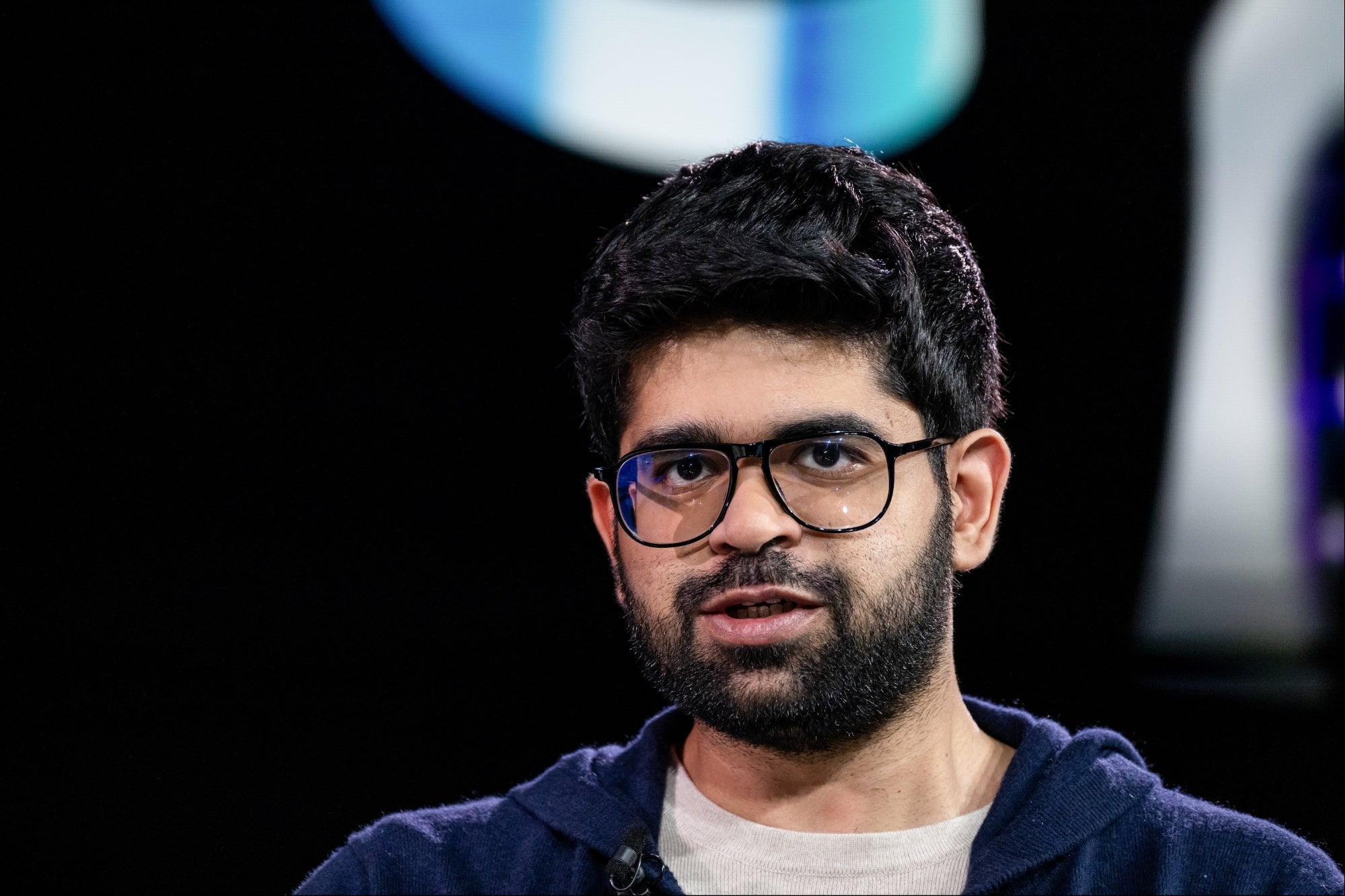As ChatGPT continues to surge in popularity (the company disclosed on Monday that daily user messages exceeded three billion), OpenAI is urging users to cultivate healthier relationships with the AI chatbot.
Beginning this week, ChatGPT sessions will now tell users to take breaks with reminders that interrupt lengthy sessions with the bot, the company announced in a blog post. The reminders will appear as pop-ups, and how often they will appear has not been announced. OpenAI’s sample pop-up shows that the text of the pop-up will appear as “Just checking in” with the subtext “You’ve been chatting a while — is this a good time for a break?” Users will have to select “Keep chatting” to continue talking to ChatGPT.
Related: ChatGPT’s New Update Can Create PowerPoint Presentations and Excel Spreadsheets for You
ChatGPT will also cease to provide users with direct answers to challenging questions, such as “Should I end my relationship?” Now, the chatbot will ask questions about the situation instead, so users can assess the pros and cons rather than get a direct answer.
“ChatGPT is trained to respond with grounded honesty,” OpenAI stated in the blog post. “There have been instances where our 4o model fell short in recognizing signs of delusion or emotional dependency.”
OpenAI further stated in the post that the company is “developing tools to better detect signs of mental or emotional distress” to equip ChatGPT with the tools to respond more appropriately to mental health crises.
Related: ChatGPT Finally Gives Businesses What They’ve Been Asking For
The mental health features arrive as ChatGPT reaches more users. OpenAI’s Vice President and Head of the ChatGPT App, Nick Turley, said on Monday that they’re “on track” to reach 700 million weekly users by the end of this week, a fourfold year-over-year growth, and up from 500 million users in March.
This week, ChatGPT is on track to reach 700M weekly active users — up from 500M at the end of March and 4× since last year. Every day, people and teams are learning, creating, and solving harder problems. Big week ahead. Grateful to the team for making ChatGPT more useful and…
— Nick Turley (@nickaturley) August 4, 2025
OpenAI has encountered problems with ChatGPT’s responses before. In April, an update to the AI chatbot made it deliver overly flattering, out-of-touch responses, even to situations that required medical attention. For example, when one user told the chatbot that they stopped taking their medications and left their family because their loved ones made radio signals come from the walls, ChatGPT praised the user for “standing up” for themselves and listening to themselves “deep down, even when it’s hard and even when others don’t understand” instead of directing them to mental health professionals.
Another user asked ChatGPT to assess his IQ, based on his spelling and grammar error-filled prompts, and the bot stated that the user came off “as unusually sharp” and said his IQ was “easily in the 130-145 range,” above 98-99.7% of people. OpenAI stated in April in response that it had altered its training methods to steer ChatGPT away from flattery.
Related: Saying ‘Please’ and ‘Thank You’ to ChatGPT Costs OpenAI ‘Tens of Millions of Dollars’
OpenAI raised $8.3 billion last week at a $300 billion valuation.
Though OpenAI’s user count is skyrocketing, it has yet to reach the heights achieved by Google. Google CEO Sundar Pichai said during a quarterly earnings call last month that Google’s AI overviews, which are embedded in Google search, now reach over two billion monthly users in more than 200 countries. Meanwhile, Google’s Gemini AI app, which provides AI answers to user prompts, now has more than 450 million active users.
Join top CEOs, founders and operators at the Level Up conference to unlock strategies for scaling your business, boosting revenue and building sustainable success.
As ChatGPT continues to surge in popularity (the company disclosed on Monday that daily user messages exceeded three billion), OpenAI is urging users to cultivate healthier relationships with the AI chatbot.
Beginning this week, ChatGPT sessions will now tell users to take breaks with reminders that interrupt lengthy sessions with the bot, the company announced in a blog post. The reminders will appear as pop-ups, and how often they will appear has not been announced. OpenAI’s sample pop-up shows that the text of the pop-up will appear as “Just checking in” with the subtext “You’ve been chatting a while — is this a good time for a break?” Users will have to select “Keep chatting” to continue talking to ChatGPT.
Related: ChatGPT’s New Update Can Create PowerPoint Presentations and Excel Spreadsheets for You
The rest of this article is locked.
Join Entrepreneur+ today for access.








